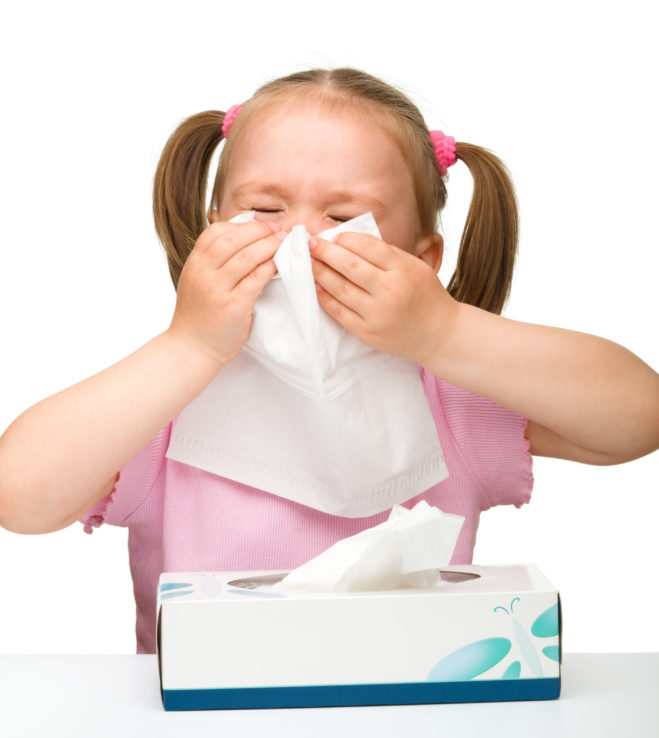Kids Immunity System

The immune system, which is made up of special cells, proteins, tissues, and organs, defends people against germs and microorganisms every day. In most cases, the immune system does a great job of keeping people healthy and preventing infections. But sometimes problems with the immune system can lead to illness and infection.
What can you do to protect your child from the endless array of germs and viruses he’s exposed to every day?
Unfortunately, in some ways, getting sick when you’re a kid is simply part of the job description. “We all enter this world with an inexperienced immune system.Slowly, children prime their immunity by battling an ongoing series of germs, viruses, and other organisms which is why many pediatricians consider six to eight colds, bouts of flu, or ear infections per year normal. But there are healthy habits you can adopt that will give your child’s immune system a boost.
Here Are the 5 ways to Protect your Child:
1. Serve more fruits and vegetables:
Carrots, green beans, oranges, strawberries: They all contain such immunity-boosting phytonutrients as vitamin C and carotenoids, says William Sears, M.D., author of The Family Nutrition Book. Phytonutrients may increase the body’s production of infection-fighting white blood cells and interferon, an antibody that coats cell surfaces, blocking out viruses. Studies show that a diet rich in phytonutrients can also protect against such chronic diseases as cancer and heart disease in adulthood. Try to get your child to eat five servings of fruits and veggies a day. (A serving is about two tablespoons for toddlers, 1 cup for older kids).
2. Boost sleep time:
Studies of adults show that sleep deprivation can make you more susceptible to illness by reducing natural killer cells, immune-system weapons that attack microbes and cancer cells.The same holds true for children.Children in daycare are particularly at risk for sleep deprivation because all the activity can make it difficult for them to nap. How much sleep do kids need? A newborn may need up to 18 hours of crib time a day, toddlers require 12 to 13 hours, and preschoolers need about 10 hours. “If your child can’t or won’t take naps during the day, try to put her to bed earlier”.
3. Exercise as a family:
Research shows that exercise increases the number of natural killer cells in adults and regular activity can benefit kids in the same way.To get your children into a lifelong fitness habit, be a good role model. “Exercise with them rather than just urge them to go outside and play”. Fun family activities include bike riding, hiking, in-line skating, basketball, and tennis.
4. Guard against germ spread:
Fighting germs doesn’t technically boost immunity, but it’s a great way to reduce stress on your child’s immune system. Make sure your kids wash their hands often and with soap. You should pay particular attention to their hygiene before and after each meal and after playing outside, handling pets, blowing their nose, using the bathroom, and arriving home from daycare. When you’re out, carry disposable wipes with you for quick cleanups. To help kids get into the hand-washing habit at home, let them pick out their own brightly colored hand towels and soap in fun shapes, colors, and scents.
5. Don’t pressure your pediatrician:
Urging your pediatrician to write a prescription for an antibiotic whenever your child has a cold, flu, or sore throat is a bad idea. Antibiotics treat only illnesses caused by bacteria, “but the majority of childhood illnesses are caused by viruses,” However, that many pediatricians prescribe antibiotics somewhat reluctantly at the urging of parents who mistakenly think it can’t hurt. “In fact, it can”. Strains of antibiotic-resistant bacteria have flourished as a result, and a simple ear infection is more difficult to cure if it’s caused by stubborn bacteria that don’t respond to standard treatment. Whenever your child’s pediatrician wants to prescribe an antibiotic, make sure she isn’t prescribing it solely because she thinks you want it.








